Karen Tay, Singapore's Smart Nation director, was recently in Washington D.C. to run a workshop for the World Bank on how to develop “smart cities." She says: “'Smart cities' is honestly a buzzword... when I get invited to speak, most people expect me to start with cool tech like AR, VR, AI, modeling and simulation, blockchain and the like. The fact is that cities are complex ecosystems with very established ways of operating. If we want to disrupt them with technology in a way that benefits the masses (i.e. not just the upper middle class), we need dedicated work from the ground-up, coupled with political commitment." Karen Tay's five tips for smart city efforts come from conversations and projects with smart city leaders around the world.



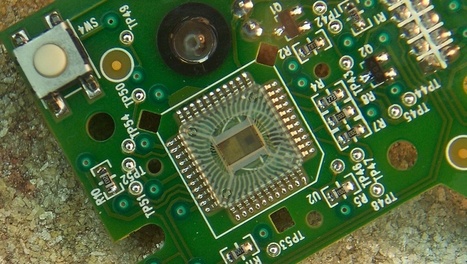


 Your new post is loading...
Your new post is loading...
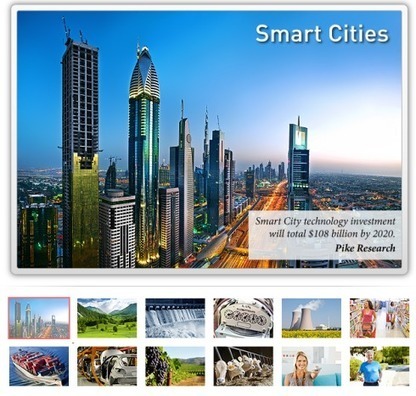



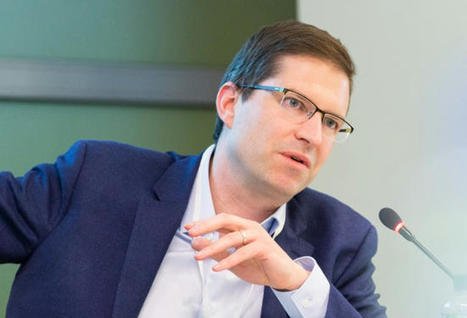
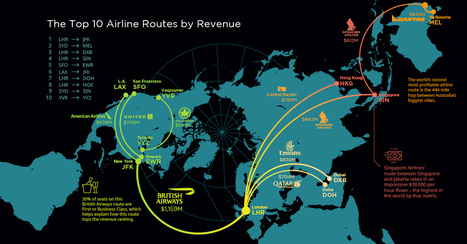


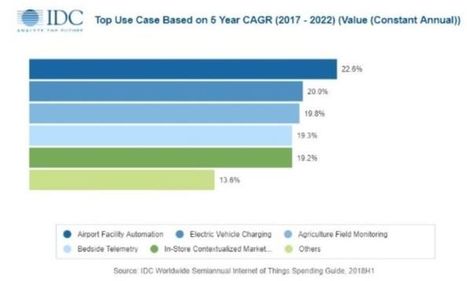
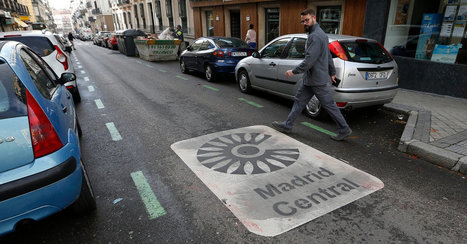
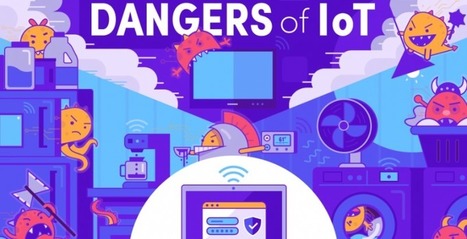




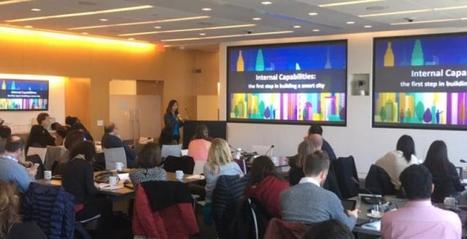
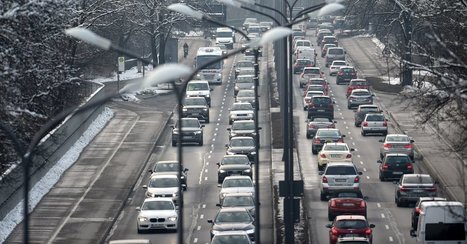



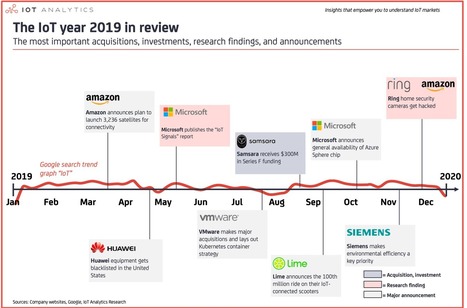
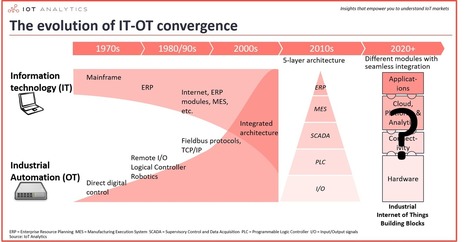

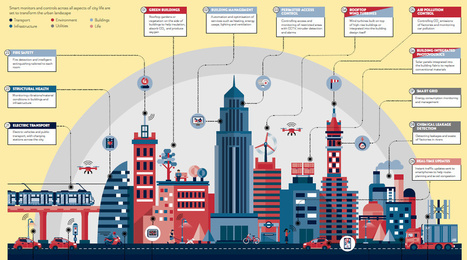


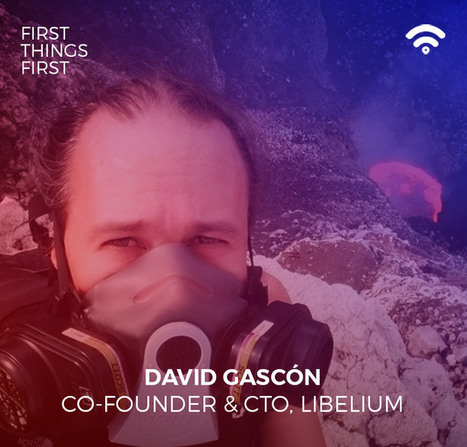
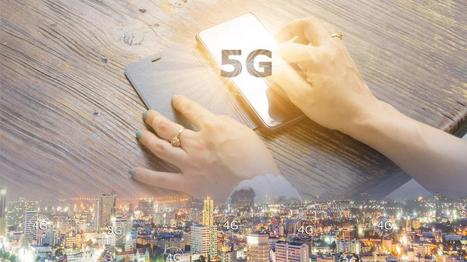










While the possibilities may be endless, the real-world applications of sensor-based technologies are above all practical. Creating safer businesses, building smart cities with environmental control, or monitoring personal health indices figure among the many useful ways our lives are improved by the Internet of Things.